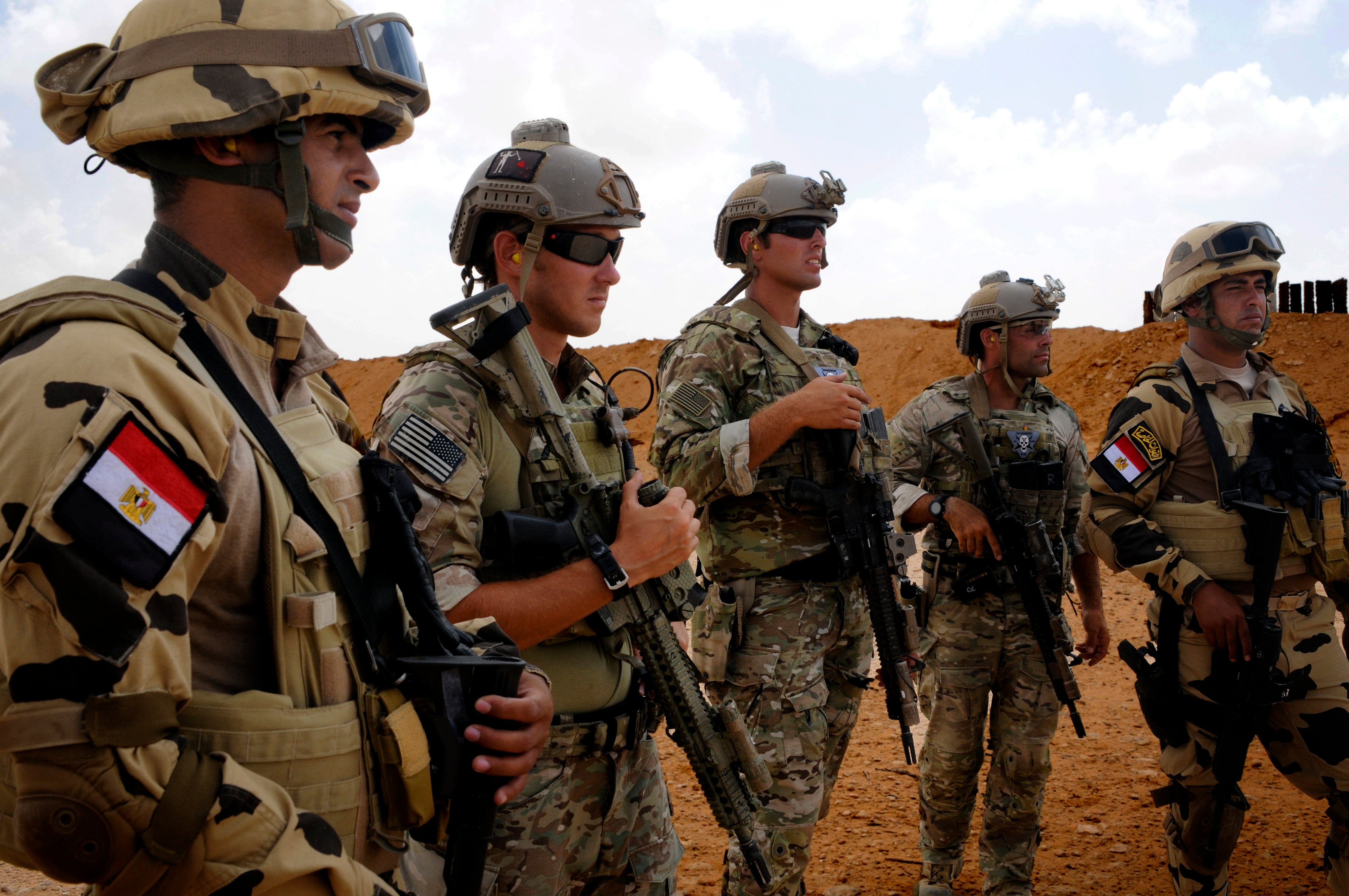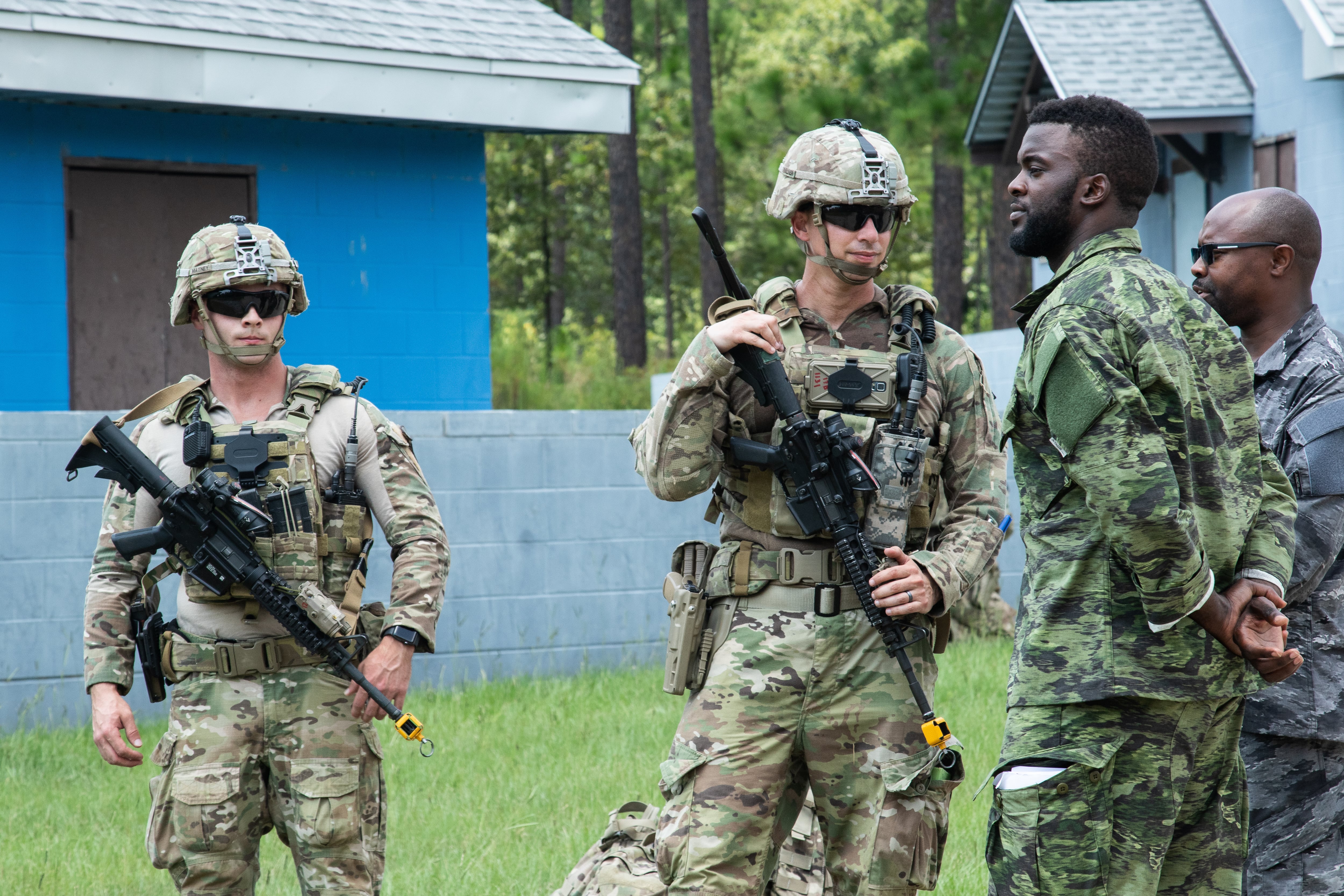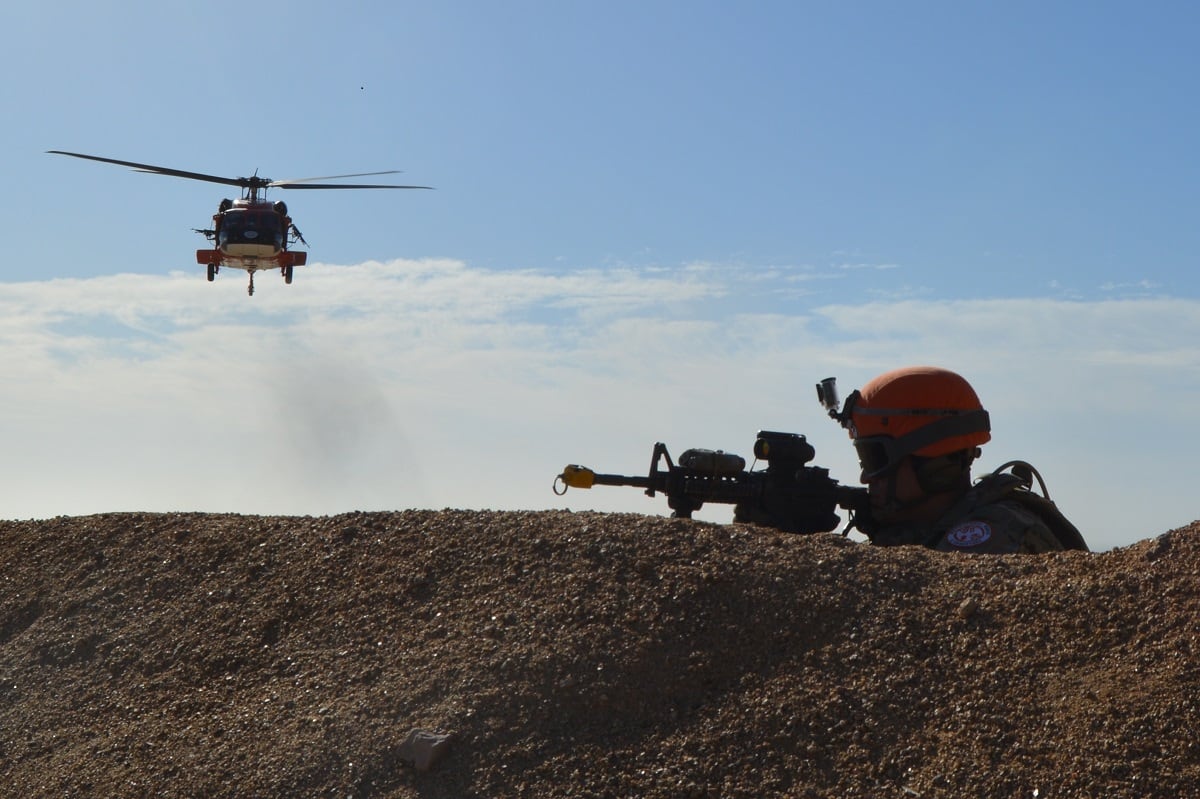Secretary of Defense Mark Esper told lawmakers Wednesday that seldom-used crisis response forces and a number of outdated mission tasks across the combatant commands were under review as the U.S. looks to shore up resources to counter Russia and China.
Pentagon planners are still conducting a defense-wide review of thousands of tasks and missions across the combatant commands that may not align with the military’s strategy to address rising near-peer competitors.
One mission potentially on the chopping block following the review is the Multinational Force and Observers mission, where several hundred U.S. troops have been participating in a peacekeeping operation between Egypt and Israel since 1981.
Gen. Mark Milley, the Joint Chiefs chairman, told lawmakers Monday at a House Armed Services Committee hearing on the defense budget that the Pentagon needs to look at whether the Sinai mission “is still a valid mission” for U.S. forces, and whether the peacekeeping operation “still makes sense” to address rising near-peers.
RELATED

Esper also hinted there may be some changes coming down the pipeline for U.S. crisis response forces across the combatant commands. He told lawmakers Monday that for years the Pentagon has “stacked up crisis response forces” that are held “pending” for a crisis. He said in some cases “we never actually use them.”
Esper explained any changes to crisis response forces would be aimed at ensuring those special operations units get back to a better state of readiness where they can meet the needs if a crisis arises.
Crisis response forces often sit as a theater security reserve force to rapidly respond to conflict and crisis if necessary.
A Marine Raider team was rapidly deployed to Manda Bay, Kenya, in January when the airfield was attacked by al-Shabab militants. The attack resulted in the deaths of three Americans, including a U.S. soldier.
Esper told lawmakers that he recently made a decision to increase security forces at Manda Bay.
The Pentagon has come under criticism from lawmakers and national security experts, who are worried that a drawdown of U.S. troops and resources in Africa following the Pentagon review could breathe new life into terrorist groups across the region.
Esper said the review of the combatant commands across the DoD was about creating a “better equilibrium” to address a supply and demand balance that was “driving the force into the ground.”
The combatant commands have hundreds of tasks placed on them that they work “hard to achieve and resource.”
But a number of tasks across the commands are outdated for the near-peer fight and do not properly align with the tenets of the National Defense Strategy.
RELATED

In U.S. Africa Command, Esper said a review had detailed that there were over 1,000 tasks. Esper told lawmakers that U.S. Strategic Command had a tasking that dated back to the 1960s.
That tasking “in present context it doesn’t make any sense,” Esper explained to lawmakers.
Esper said the Pentagon may reduce some resources and manpower for counterterrorism missions across AFRICOM to reallocate resources missions that address great power competition.
Esper said no decisions have been made regarding AFRICOM besides swapping out an Army infantry brigade for 1st Security Force Assistance Brigade — which is better manned and equipped for partner force advising missions.
Shawn Snow is the senior reporter for Marine Corps Times and a Marine Corps veteran.




